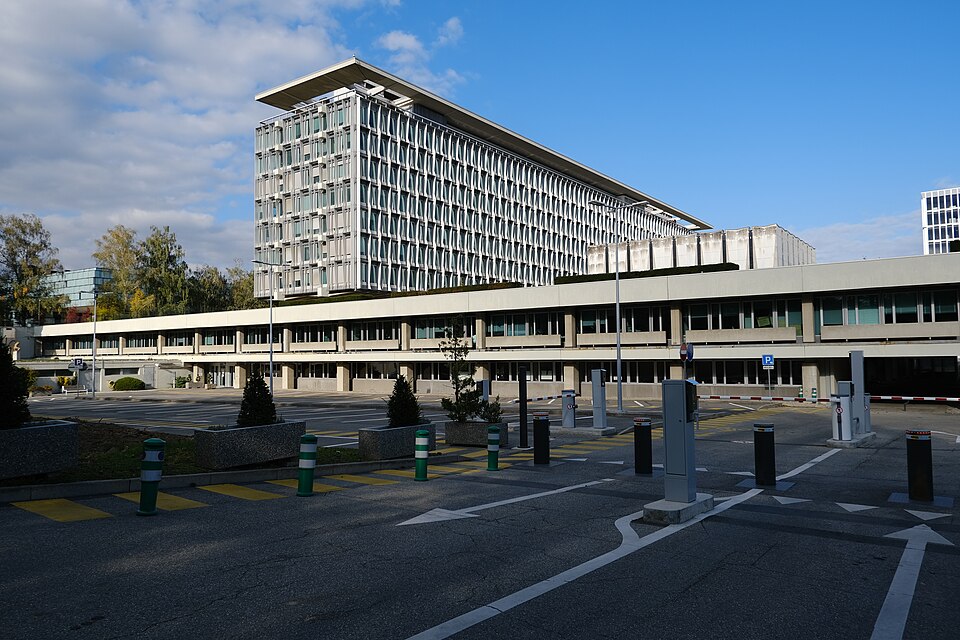
Organización Mundial de la Salud
The World Health Organization (WHO) is a specialized agency of the United Nations responsible for international public health. Established in 1948, its primary objective is to promote health, keep the world safe, and serve vulnerable populations. WHO leads global efforts to combat diseases, including outbreaks, and sets standards for healthcare practices worldwide. It plays a critical role in vaccine development and distribution, providing guidelines and recommendations to countries facing public health challenges such as dengue fever. Recently, WHO has recommended the use of the dengue vaccine TAK-003 for children and adolescents in countries with high transmission rates, emphasizing the importance of vaccination in controlling the disease.
Global Media Ratings
Countries Mentioned
No country-level mention data available.
Interactive World Map
Each country's color is based on "Mentions" from the table above.
Recent Mentions
 Panama:
The World Health Organization recommends the use of the dengue vaccine in children and adolescents in countries with high transmission.
8
Panama:
The World Health Organization recommends the use of the dengue vaccine in children and adolescents in countries with high transmission.
8
